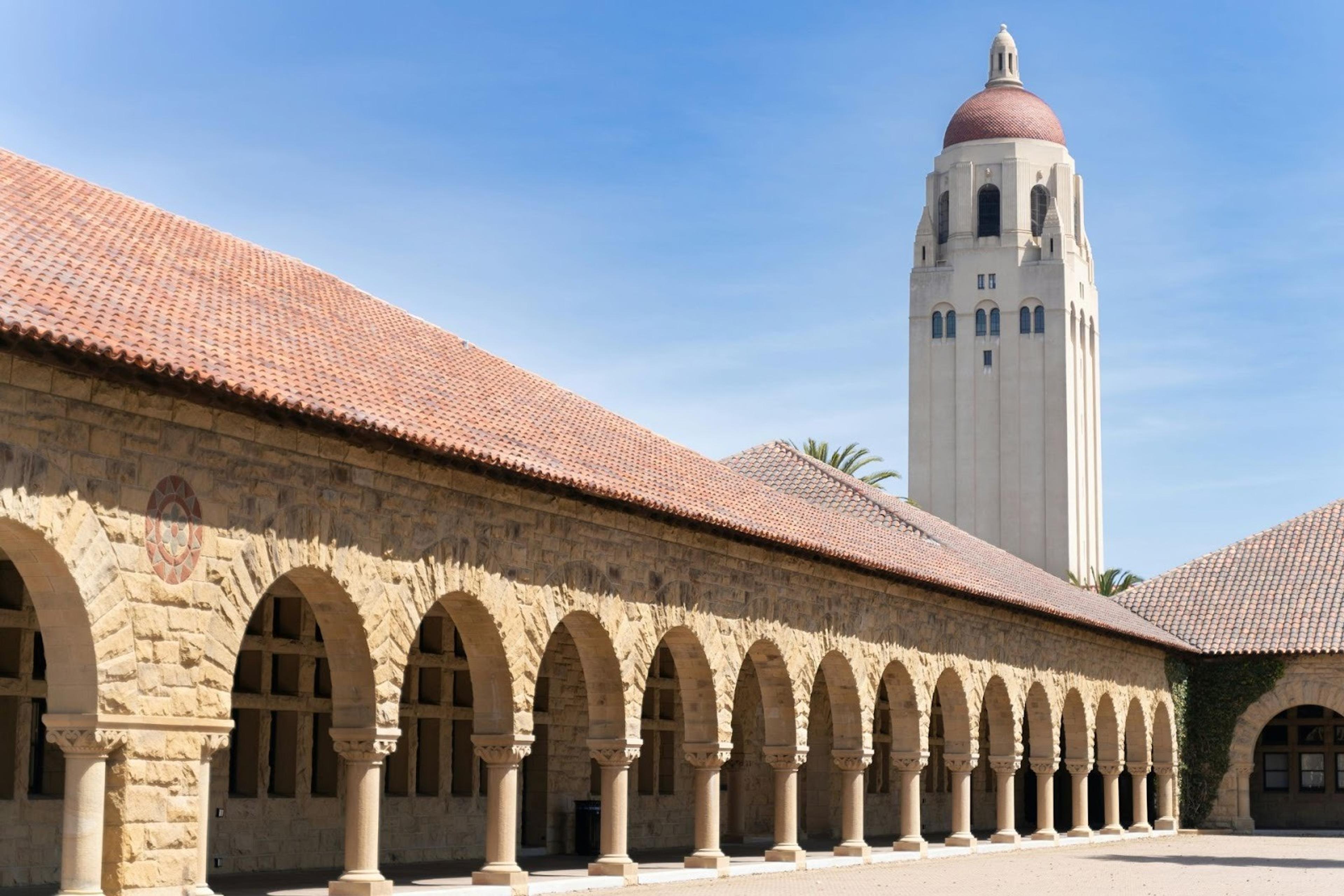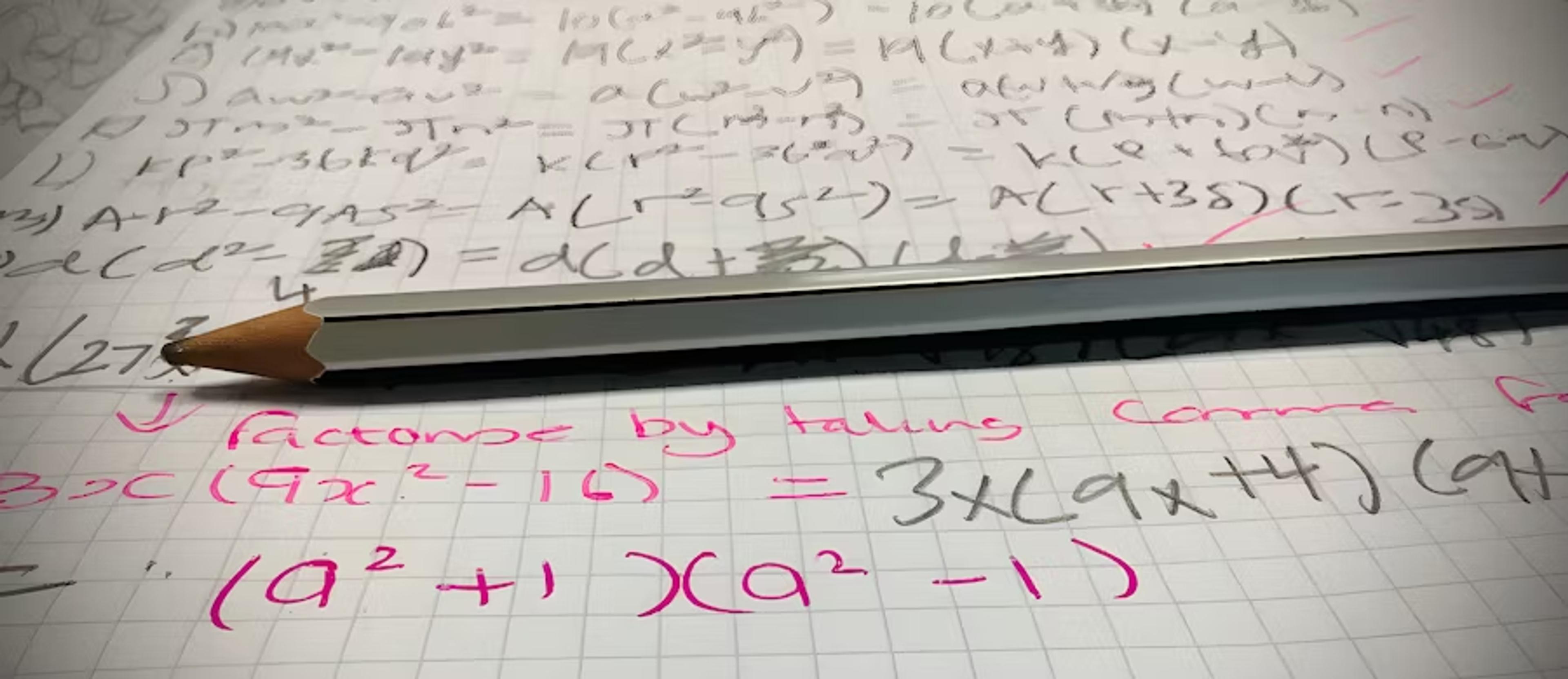How to Write a Killer Letter of Intent for Graduate School
Learn how to write a strong letter of intent for graduate school with expert tips, examples, and strategies to make your application stand out.
Posted November 4, 2025

Join a free event
Learn from top coaches and industry experts in live, interactive sessions you can join for free.
Table of Contents
An inside look at what admissions committees actually want and how to deliver it.
Most letters of intent fall flat for one reason: they explain what you’ve done, but not what you’re ready to do next.
A great letter doesn’t just summarize your past. It projects your academic future. It maps your intellectual trajectory, connects it to a program’s strengths, and shows that you’re not just a qualified applicant, but a scholar-in-the-making.
In this guide, we’ll break down what makes a letter of intent stand out starting from structure and tone to the subtle academic cues that signal serious readiness. You’ll learn how to connect your background with your goals, align with faculty interests, and avoid the most common (and fatal) mistakes. Plus, we’ll analyze real excerpts from successful letters with commentary so you can see exactly how to elevate yours.
What Is a Letter of Intent for Graduate School?
A letter of intent is a one-page letter that introduces you to the graduate admissions committee, outlines your academic interests and career goals, and explains why this program aligns with your research interests and professional development. Think of it as the bridge between your academic journey and your future graduate studies.
Whereas a personal statement often focuses on storytelling and identity, a letter of intent emphasizes your ability to pursue a degree program with clear intent, purpose, and academic preparation.
Components of a Letter of Intent for Graduate School
While each letter of intent should reflect your unique perspectives, the strongest ones are structured, well-organized, and tailored to the specific program. These are the essential sections:
1. Header and Greeting
Include your name, contact information, and the date. Address the letter to a specific faculty member or program director if possible. A targeted address shows initiative and genuine interest.
2. Opening Paragraph: Capture the Reader’s Attention
State the specific program and school you're applying to and briefly preview your academic background and professional goals. This sets the tone for your letter of intent for graduate school.
Example: "I am applying to the MA in Sociology at Columbia University to investigate the relationship between urban policy and environmental justice."
3. Academic Background and Relevant Coursework
Summarize your undergraduate degree, relevant coursework, and academic achievements. Show how your academic interests have evolved and how your background equips you to succeed in graduate school.
4. Research Experience and Skills
This section highlights your research skills and ability to conduct research at a graduate level. Discuss any research projects, independent studies, or publications. Connect this experience to your future graduate research interests.
5. Professional Experience and Career Goals
Include internships, work experience, or volunteer roles that demonstrate your readiness for graduate studies. Show how these experiences support your career aspirations and academic goals.
6. Why This Program?
Articulate your fit with the specific program. Mention specific faculty members whose work aligns with your interests, and identify research opportunities or learning outcomes you hope to gain. Avoid vague praise and instead offer specific aspects that make this program your top choice.
Example: "I am particularly eager to work with Professor Naomi Lin, whose research on climate policy and public health aligns closely with my senior thesis and current research interests."
7. Closing Paragraph: End with Confidence
Reaffirm your enthusiasm for the program, thank the admissions committee, and express your interest in contributing to the academic life of the school.
Expert Tip: Aim for a tone that feels personal yet polished. A letter that reads naturally, with clear motivation and structure, will always stand out over something stiff or overly formal.
Sample Letter of Intent for Graduate School (With Commentary)
Opening Paragraph
"I am applying to the Master’s in Environmental Policy at Stanford University to explore the intersection of climate science, public health, and policymaking. As a biology major at the University of Michigan, I became increasingly drawn to how scientific research translates or fails to translate into local climate policy. A field project in Detroit’s 48217 state zip code, one of the most polluted in the U.S., sparked my interest in environmental justice and solidified my desire to pursue graduate training in a program that values both quantitative research and social impact."
Commentary: This paragraph uses specific examples, clarifies intent for graduate study, and connects undergraduate studies with future academic goals.
Body Paragraph
"During my final two years at Michigan, I conducted research on urban air quality under Dr. Eli Suarez, focusing on airborne particulate concentrations near industrial zones. This experience strengthened my writing skills, GIS analysis, and qualitative interviewing techniques, skills I hope to further develop through Stanford’s community-based research initiatives. I am also particularly interested in working with Dr. Michael Thorne, whose work on infrastructure policy supports my long-term career goals in environmental policy and urban planning."
Commentary: This section demonstrates the ability to conduct research, name specific faculty, and directly connect past experience to program offerings.
Closing Paragraph
"Stanford’s interdisciplinary approach to environmental policy, its strong focus on academic writing and field research, and its collaborative faculty environment make it an ideal fit for my academic and professional goals. I would be honored to contribute to the program’s academic community and further pursue research that advances climate justice. Thank you for considering my application."
Commentary: Reaffirms interest, mentions academic and research alignment, and communicates effectively without repeating earlier points.
Common Mistakes to Avoid
When writing your letter of intent, there are a few common mistakes to watch out for:
Being Too Generic
Avoid using a one-size-fits-all letter for all your applications. Personalize each letter to the specific program and highlight how your academic journey aligns with the program’s offerings.
Focusing Only on Yourself
While it’s important to discuss your academic background and career goals, don’t forget to explain how you’ll contribute to the program and its academic life.
Overlooking the Importance of Research
Your research interests should be at the forefront of your letter. Show the admissions committee that you have a clear understanding of the program’s research opportunities and faculty expertise.
Read: The Top 10 Mistakes People Make on their Graduate School Applications
If you’re preparing for the upcoming graduate admissions cycle, schedule a 30-minute strategy session with one of Leland’s top graduate school admissions coaches:
- Mennette L. — UChicago alum & former Berkeley Haas admissions committee member with 15+ years coaching grad school applicants, especially in programs like Public Health, Economics, and Art History.
- Michael G. — Former Schwarzman Scholar at Tsinghua University; expert in helping master’s and fellowship applicants craft standout letters of intent, resumes, and research narratives.
5 Expert Tips for Grad School Applicants
Writing a well-crafted letter requires careful planning and organization. Here’s a step-by-step guide to help you get started:
1. Begin Writing Early
Start drafting your letter as soon as possible. This gives you plenty of time to make revisions and seek constructive feedback before submitting your application.
2. Be Specific
Make sure to tailor your letter of intent for each graduate program you apply to. Mention specific faculty members, research opportunities, and program aspects that make each program unique. This will show that you've done your research and are genuinely interested in that particular school.
3. Focus on Academic and Professional Development
Discuss both your academic achievements and professional development. Show the admissions committee that you have the necessary academic background, writing skills, and research experience to succeed in graduate school.
4. Keep It Focused and Concise
While it’s important to cover all the essential details, remember that a letter of intent is usually only one page. Stick to the most important points and avoid going off on tangents.
5. Seek Feedback
Once you’ve written your letter, ask a trusted mentor, professor, or colleague to review it. Feedback is invaluable in ensuring that your letter is clear, well-organized, and free of errors.
The Bottom Line
Writing a letter of intent for graduate school is your chance to show the admissions committee who you are. A well-crafted, one-page letter that connects your academic background, research interests, career goals, and your unique perspectives on a specific program can make you a strong candidate.
Highlight your achievements, mention faculty members or research opportunities that align with your goals, and use specific examples that show your readiness to conduct research and contribute to the program’s academic life.
Ready to make your Letter of Intent as strong as your ambition?
Work one-on-one with a master’s program coach. Your coach will help you sharpen your letter of intent, strengthen your positioning, and give detailed feedback on your essays, résumé, and recommendation strategy. You can also explore our free events for more insider insights.
At Leland, we help you refine your letter of intent and personal statement with expert feedback and proven strategies, so your graduate school application stands out for all the right reasons.
See: The 10 Best Graduate & PhD Admissions Consultants (2025): What They Do and When to Hire One
Read these next:
- Statement of Purpose vs. Personal Statement: Differences, Tips, & What to Know
- The Power of ‘I’ Statements in Admissions Storytelling
- Should I Go to Grad School? Pros, Cons, and How to Decide
- Beyond the Checklist: How to Showcase Your Unique Skills and Experiences in Your Grad School Applications
- What GPA Do You Need to Get Into Graduate School?
- Why ChatGPT Can’t Write Your Personal Statement
- A Word of Caution on Application Essays and AI
- What GPA Do You Need to Get Into Graduate School?
- What Does "Holistic Review" Mean in Graduate School Admissions?
FAQs
How late is too late for university applications?
- Most graduate programs close applications a few months before the semester starts, but some graduate schools accept late or rolling admissions. Always check the specific program page. Some graduate admissions committees still review strong candidates with solid academic backgrounds and clear research interests.
Is it too late to apply to colleges for fall 2025?
- No. Many graduate school applications for fall 2025 are still open, especially for programs with rolling deadlines. Focus on submitting a well-crafted letter of intent for graduate school that highlights your academic achievements, research skills, and career goals to strengthen your chances.
What schools offer rolling admissions?
- Universities like Michigan State, Penn State, and the University of Pittsburgh offer rolling admissions for graduate studies. When applying, tailor your intent letter and academic statement to each particular program, mentioning specific faculty members, research opportunities, and relevant coursework.
Does submitting a late application hurt your chances?
- It can, since funding and seats fill quickly. Still, a compelling letter of intent with clear academic goals, professional experience, and alignment with the program’s research focus can stand out. The admissions committee values applicants who communicate effectively and show genuine fit for their graduate degree.
Browse hundreds of expert coaches
Leland coaches have helped thousands of people achieve their goals. A dedicated mentor can make all the difference.



















